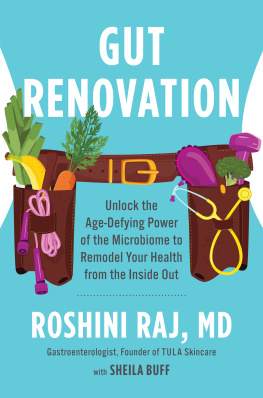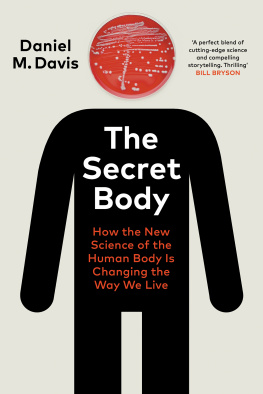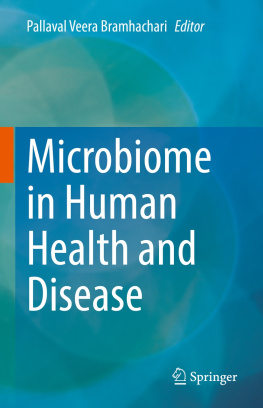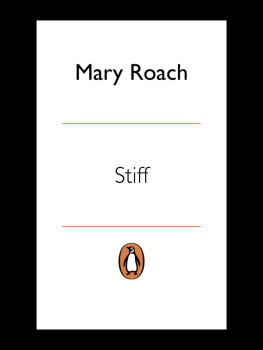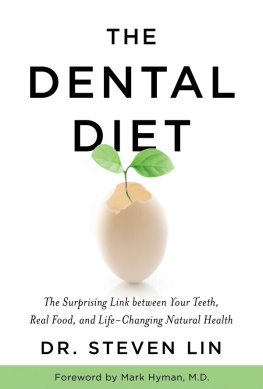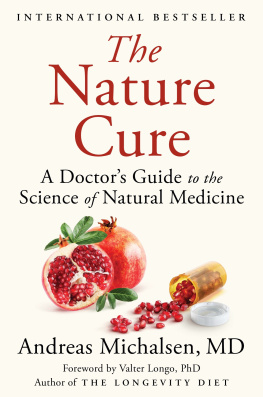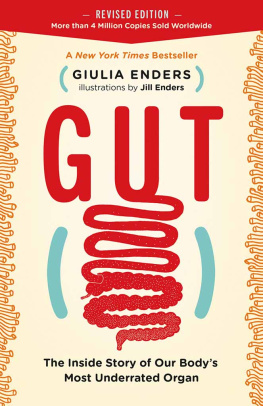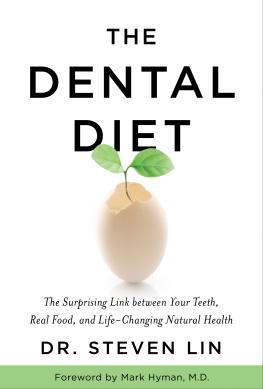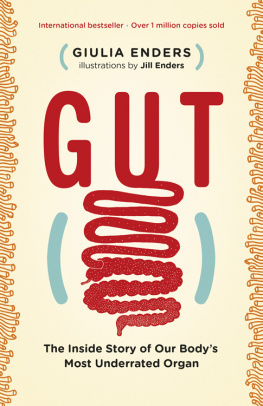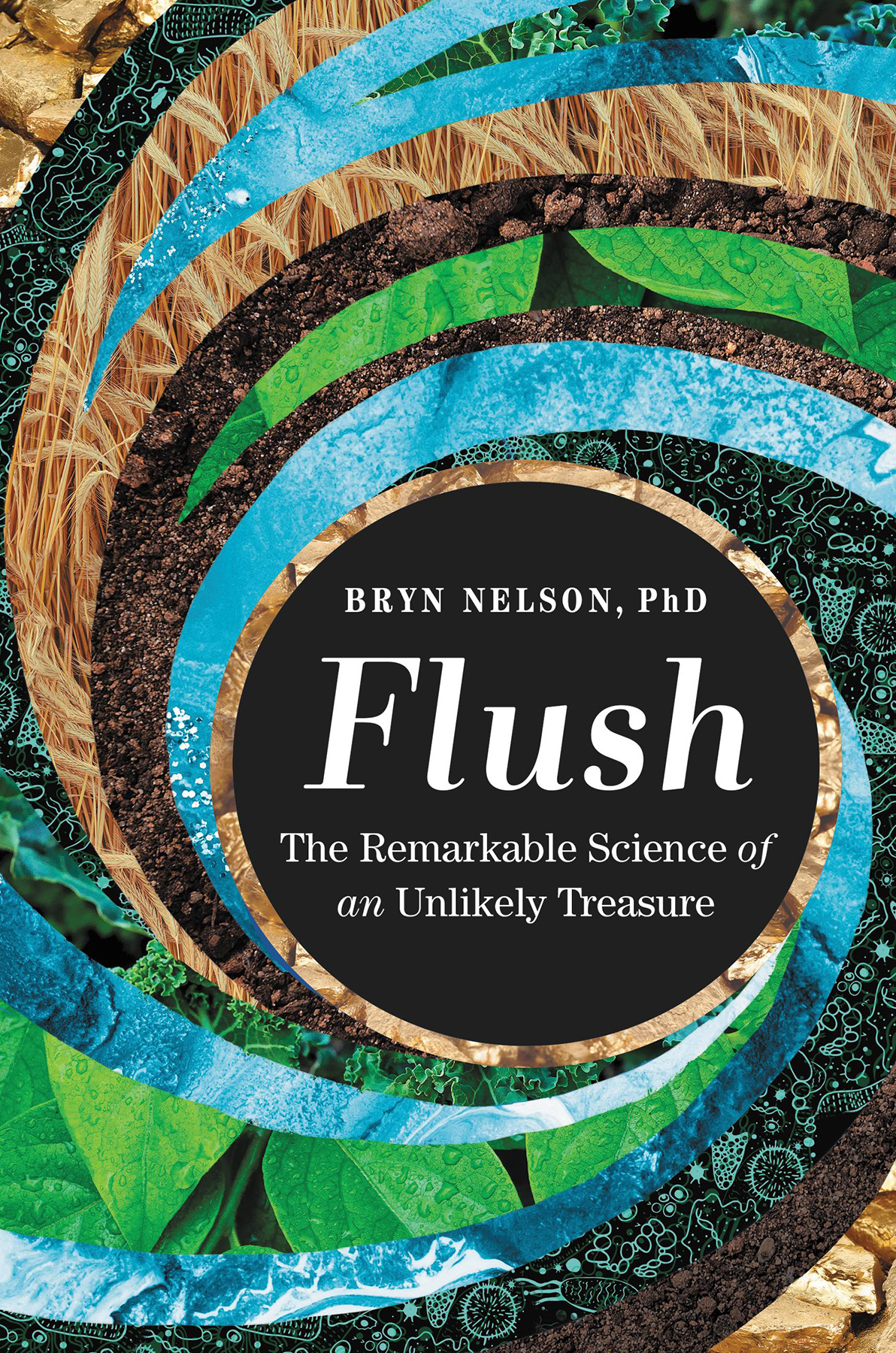
Copyright 2022 by Bryn Nelson
Cover design by Sarah Congdon
Cover copyright 2022 by Hachette Book Group, Inc.
Hachette Book Group supports the right to free expression and the value of copyright. The purpose of copyright is to encourage writers and artists to produce the creative works that enrich our culture.
The scanning, uploading, and distribution of this book without permission is a theft of the authors intellectual property. If you would like permission to use material from the book (other than for review purposes), please contact permissions@hbgusa.com. Thank you for your support of the authors rights.
Grand Central Publishing
Hachette Book Group
1290 Avenue of the Americas, New York, NY 10104
grandcentralpublishing.com
twitter.com/grandcentralpub
First edition: September 2022
Grand Central Publishing is a division of Hachette Book Group, Inc. The Grand Central Publishing name and logo is a trademark of Hachette Book Group, Inc.
The publisher is not responsible for websites (or their content) that are not owned by the publisher.
The Hachette Speakers Bureau provides a wide range of authors for speaking events. To find out more, go to www.hachettespeakersbureau.com or call (866) 376-6591.
Library of Congress Cataloging-in-Publication Data
Names: Nelson, Bryn, author.
Title: Flush : the remarkable science of an unlikely treasure / Bryn Nelson, PhD.
Description: First edition. | New York : Grand Central Publishing, 2022. | Includes bibliographical references and index.
Identifiers: LCCN 2022019468 | ISBN 9781538720028 (hardcover) | ISBN 9781538720035 (ebook)
Subjects: LCSH: Feces. | FecesSocial aspects.
Classification: LCC QP159 .N45 2022 | DDC 612.3/6dc23/eng/20220512
LC record available at https://lccn.loc.gov/2022019468
ISBNs: 9781538720028 (hardcover), 9781538720035 (ebook)
E3-20220712-JV-NF-ORI
For Mom and Dad with lovefrom your #2 son
I T TURNS OUT THAT SENDING YOUR CORPSE TO A COMPOSTING facility may not be for everyone. After death, we still routinely bury or burn our dearly departed. But from a biological standpoint, were a fairly complete plant food once we fully decompose into rich soil: cadavers offer all of the minerals and nutrients generally deemed essential for flora, except for nickel. As author Caitlin Doughty described in From Here to Eternity, the recomposition movementliterally returning our remains to the earth and embracing the freedom of a body rendered messy, chaotic, and wildis, well, gaining ground.
I vividly remember my visit to the Body Farm in Knoxville, Tennessee, where people had donated their corpses to science so forensic experts could learn how we decompose under a variety of natural and sinister circumstances: in the ground, on the ground, in a car trunk, in a trailer. I found the place utterly fascinating, and oddly touching. In death, donors were helping scientists learn more about the inevitable conclusion to life and helping forensic sleuths solve murders and bring killers to justice. When I wrote about it, though, a photo editor was so disgusted by the mere idea of the place that my pictures taken inside the two-and-a-half-acre compound, sans any visible bodies, were rejected as inappropriate.
Donating your newborns umbilical cord may not be for everyone either. After a birth, we still routinely dismiss the roughly two-foot-long tether as medical waste and throw it in the trash. But from a biological standpoint, the cord is packed with stem cells and progenitor cells that give rise to oxygen-carrying red blood cells, infection-fighting white blood cells, and clot-forming platelets that can help treat or cure more than seventy conditions ranging from leukemia to sickle cell disease. With more than 40,000 cord blood transplants performed around the world, that movement is making headway as well. For another story, I described how a leukemia patient was saved by a double cord-blood transplant. The procedure used umbilical cords from two anonymous babies (nicknamed Amelia and Olivia after their respective A and O blood types) to effectively reseed his bone marrow after his own had been obliterated by chemotherapy and radiation. Despite the lifesaving potential, many hospitals dont even give new parents the option of donating the cord after its removal.
When I began writing this book, a question kept popping into my head: What has value? Very few people would question the value of donating blood, an organ, sperm, or eggs. Saving a life or helping to bring a new one into the world is a celebrated act of altruism. But once weve branded something as useless or worthlessor lets face it, ickyits often hard to see it in a new light. Which brings me to donating your poop. Sure, were often eager to be rid of it as soon as possible. But from a biological standpoint, the normal by-product of digestion can be utterly transformative for both plant and human life. Id like to think its something we can all get behind. Before you make a face or go searching for the perfect gift bag, though, theres a good reason why we should care about this diamond in the rough that we work so hard to make from birth until death.
Poop is there at the beginning, usually as a greenish-black and tar-like but nearly odorless output that babies normally produce within a day or two of birth (though sometimes while still in utero). Meconium, its technical name, contains mucus, bile, water, shed intestinal cells, amniotic fluid, downy fetal hair, and other bits that the fetus swallowed during gestation. Its expulsion from the body christens the intestinal tract and clears the way for a newborns digestive system to begin disposing of the leftovers from breast milk or baby formula. Poop is often there at the end as well, when the dregs of our lower digestive system sigh out of our bodies, the inner and outer anal sphincters relaxing one last time. Between those two seminal events, an adult at the midpoint of a fairly large distribution curve defecates eight or nine times every week. One compilation of studies put the weekly yield at about two pounds, or roughly the weight of a store-bought pineapple, though a newer global model more than doubled that estimate. Given the planets current population of eight billion people, some back-of-the-envelope math suggests that our annual production equals, well, a crapload of pineapples.
As a former microbiologist maybe Im biased, but it seems a bit strange that we consistently shun a natural substance that we make so much of (OK, maybe not John Watersor Germans). As a homeowner, I was both mortified and amused when a neighbor compared the brown primer a crew had just sprayed onto our house to an unmentionable bodily function. Shit brown. She had meant it as an insult, and yet her sense of propriety prevented her from saying the words. As a writer working on this book, I was disturbed to discover that the transcription service I used for some interviews had trained its artificial intelligence algorithm to censor objectionable slang like shit and piss and butthole in the recording. In an effort to be rid of them, we have even erased the words.
In History of Shit, French psychoanalyst Dominique Laportes irreverent smackdown of the Western worlds delusions of grandeur, he observes, We dare not speak about shit. But, since the beginning of time, no other subjectnot even sexhas caused us to speak so much. Consider for a minute how often parents (and pet owners) obsess over poop and what it might mean. We share vivid recollections of the colors, sounds, smells, or freakishly large volumes from a diaper-changing episode. We revel in the satisfied or even joyful exclamations of a properly pooping tot (not to mention the relieved parents). These moments are often remembered as celebrated steps in a childs development: The first poop! The first poop that isnt weirdly black or green! The first mostly solid poop! The first poop in a toilet!


